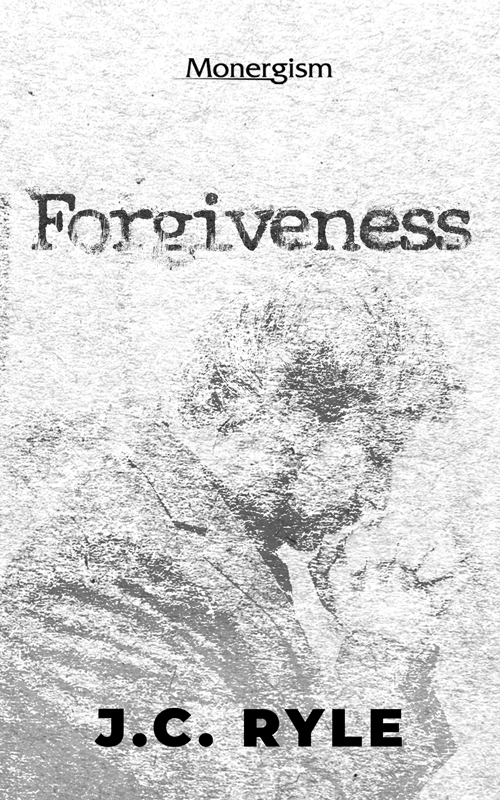 by J. C. Ryle
by J. C. Ryle
In ePub, .mobi and .pdf formats
There is a clause near the end of the Apostle's Creed, which, I fear, is often repeated without thought or consideration. I refer to the clause which contains these words, "I believe in the Forgiveness of sins." Thousands, I am afraid, never reflect what those words mean. I propose to examine the subject of them in the following paper, and I invite the attention of all who care for their souls, and want to be saved. Do we believe in the "Resurrection of our bodies"? Then let us see to it that we know something by experience of the "Forgiveness of our sins."
I. Let me show, first of all, our need of forgiveness.
All people need forgiveness, because all people are sinners. He that does not know this, knows nothing in religion. It is the very A B C's of Christianity, that a man should know his right place in the sight of God, and understand his deserts.
We are all great sinners. "There is none righteous, no, not one." "All have sinned, and come short of the glory of God." (Rom. 3:10, 23.) Sinners we were born, and sinners we have been all our lives. We take to sin naturally from the very first. No child ever needs schooling and education to teach it to do wrong. No devil, or bad companion, ever leads us into such wickedness as our own hearts. And "the wages of sin is death." (Rom. 6:23.) We must either be forgiven, or lost eternally.
We are all guilty sinners in the sight of God. We have broken His holy law. We have transgressed His precepts. We have not done His will. There is not a commandment in all the ten which does not condemn us. If we have not broken it in deed we have in word; if we have not broken it in word, we have in thought and imagination—and that continually. Tried by the standard of the fifth chapter of Matthew, there is not one of us that would be acquitted. All the world is "guilty before God." And "as it is appointed unto people once to die, and after this comes the judgment." We must either be forgiven, or perish everlastingly. (Rom. 3:19; Heb. 9:27.)
-----
Table of Contents
Introduction
I. Our Need of Forgiveness
II. The Way of Forgiveness
III. Encourage to All Who Wish to Be Forgiven
IV. Marks of Having Found Forgiveness
V. Are You Forgiven?
VI. A Solemn Warning
VII. An Earnest Invitation
VIII. A Word of Exhortation
